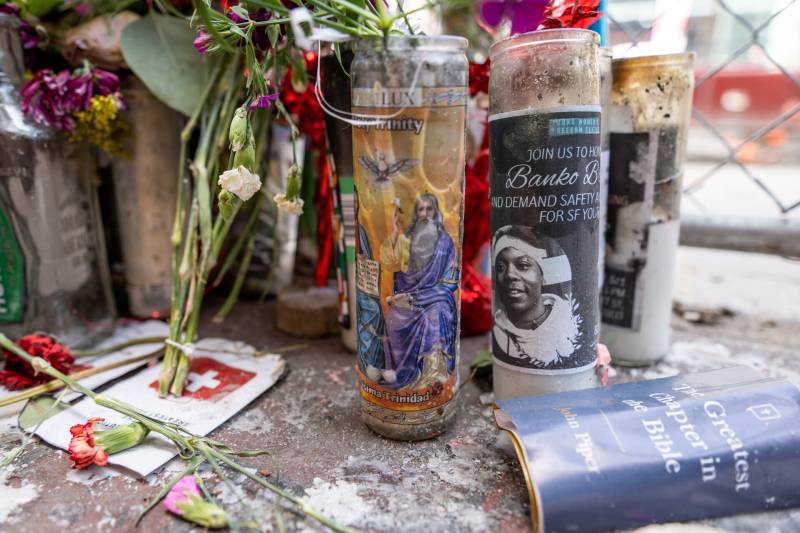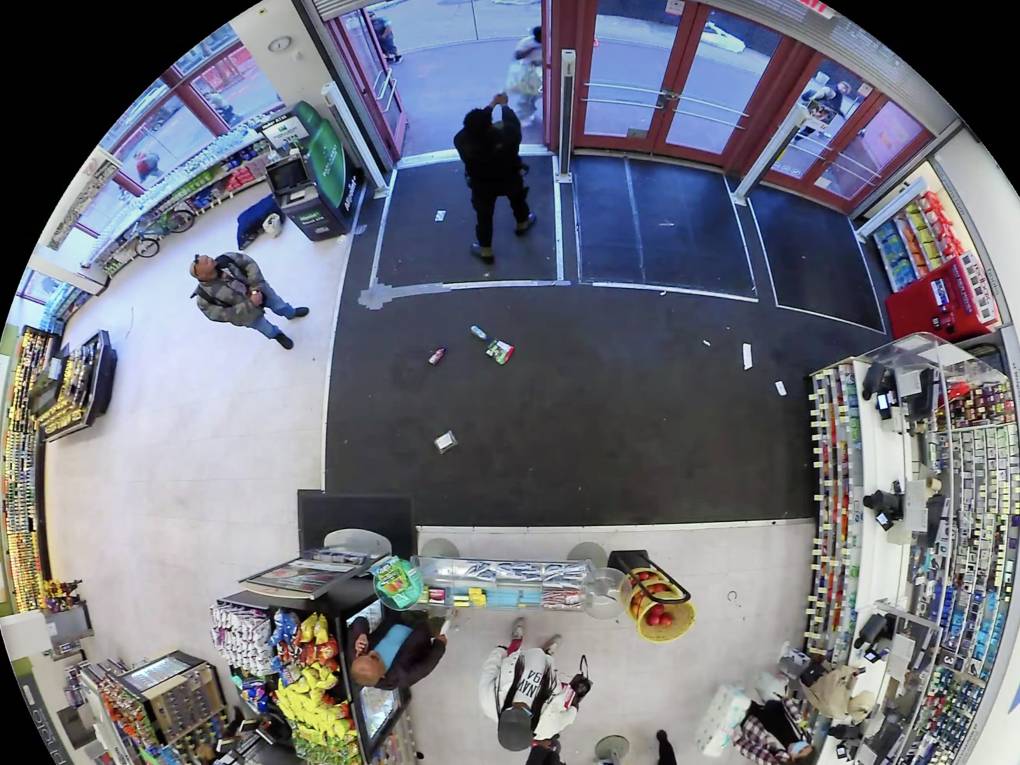San Francisco supervisors called on state Attorney General Rob Bonta and the U.S. Department of Justice to step in and review the fatal shooting of Banko Brown.
On Tuesday, lawmakers said San Francisco District Attorney Brooke Jenkins deprived communities of needed justice when she decided not to press charges against a security guard who shot and killed Brown, a 24-year-old Black transgender man.
Board of Supervisors President Aaron Peskin introduced the nonbinding resolution requesting state and federal intervention after seeing the video Jenkins released of Brown’s death on Monday. He likened it to a public execution.
“It’s very disturbing. We’ve learned in modern times about deescalation [tactics used by law enforcement], about time and distance. And none of that appears in this video. The guard clearly has the upper hand in the physical altercation, punches Banko Brown, is able to wrestle Banko down to the ground. Never seems in danger at any point. It’s pretty horrific,” Peskin told KQED.
When reached for comment, the attorney general’s office said, “As of right now, our office is not currently involved in the matter. We suggest you reach out to the San Francisco DA’s office on the case.”

